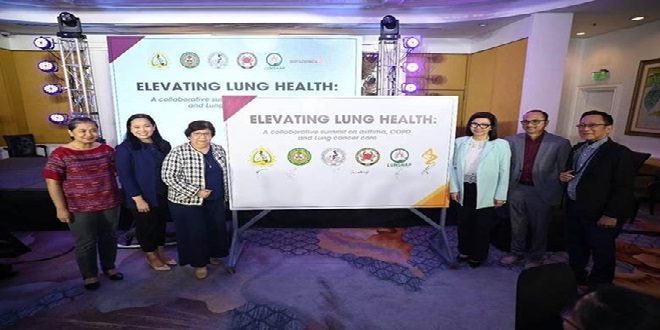
Lung diseases such as asthma, chronic obstructive pulmonary disease (COPD), and lung cancer claim millions of lives worldwide, and the situation in the Philippines is especially concerning. In 2019, nearly 5.2 million Filipinos were affected by asthma, while COPD impacted an estimated 13 million Filipinos as of 2011. Lung cancer remains the second most common type of cancer locally but holds the grim distinction of being the leading cause of cancer-related deaths, with over 20,000 fatalities in 2022.
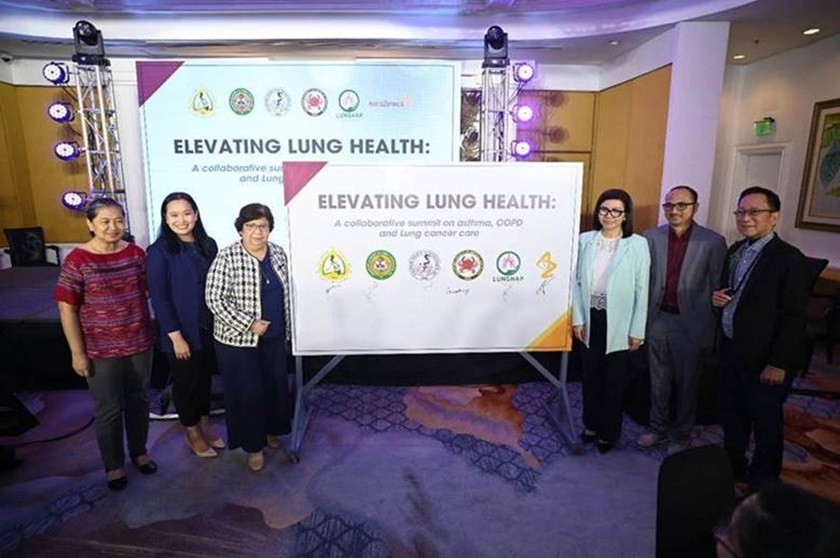
Asthma-related deaths in the Philippines rank second highest globally, and COPD was the seventh leading cause of death in 2023. Meanwhile, lung cancer contributed significantly to cancer-related mortality, underscoring the urgent need for action.
Collaborative Action at the Elevating Lung Health Summit
To address these pressing challenges, the Elevating Lung Health Summit brought together stakeholders, medical experts, and advocacy groups to discuss strategies for tackling asthma, COPD, and lung cancer. Organized by AstraZeneca, the event featured collaboration among the Philippine College of Chest Physicians, Philippine Society of Oncologists, Philippine Academy of Family Physicians, Lung Health Alliance Philippines (LungHAP), and other organizations.
“At AstraZeneca, we aim to eliminate asthma attacks, improve COPD outcomes, and reduce lung cancer mortality by 2030 through earlier diagnosis and innovative care,” said Dr. Cyril Tolosa, Medical Affairs Director at AstraZeneca Philippines. “Progress is only possible when we unite our efforts. This summit highlights our collective commitment to creating a healthier future for Filipinos.”
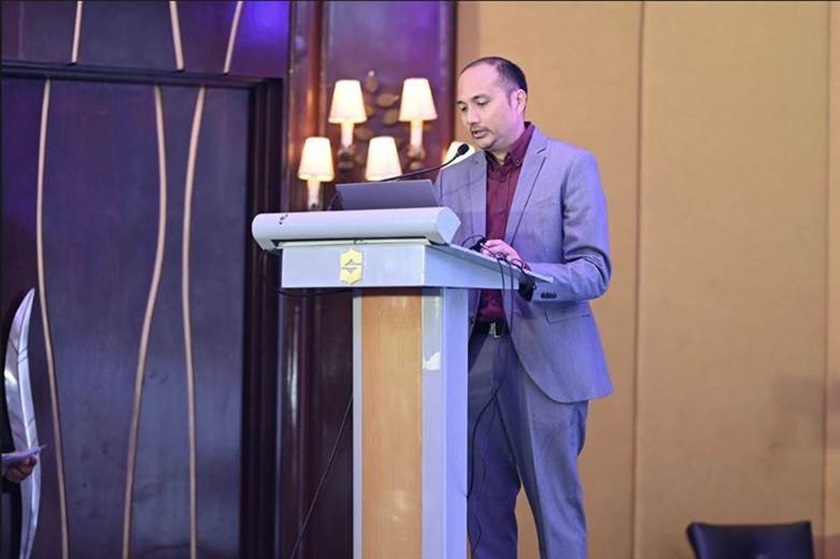
Critical Insights: Challenges in Diagnosis and Care
Dr. Ma. Janeth T. Samson, President of the Philippine College of Chest Physicians, emphasized the urgent need to address diagnostic and rehabilitation gaps for asthma and COPD patients.
“Despite advancements in medical science, early diagnosis and comprehensive care for asthma, COPD, and lung cancer remain limited in the Philippines,” Dr. Samson explained. “Collaboration among healthcare providers, policymakers, and communities is essential to bridge these gaps and ensure no patient is left behind.”
Adding a personal dimension, Mr. Amador Agasin, an asthma patient, shared his experiences of the emotional and logistical challenges of living with the condition, providing a human face to the statistics.
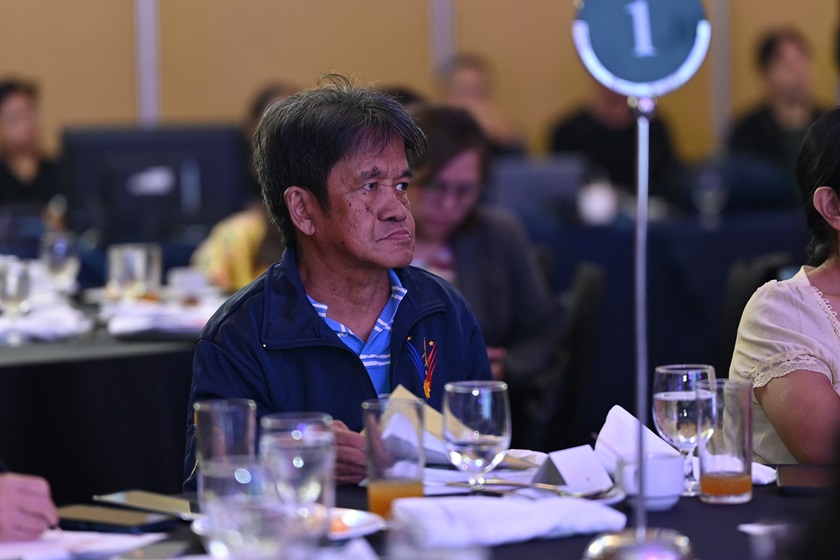
Barriers in Lung Cancer Care
Lung cancer experts Dr. Chita I. Nazal-Matunog and Dr. Herdee Luna highlighted the unique challenges Filipino patients face, including late-stage diagnoses and limited access to comprehensive screening.
“Localized guidelines and community-based hubs for early detection are critical to improving outcomes,” said Dr. Luna. “We need tailored strategies that bring life-saving services closer to those who need them most.”
LungHAP President and lung cancer survivor Engr. Emer Rojas spoke about the non-medical barriers patients face, such as financial stress and stigma. He called for identifying champions across sectors to lead the fight against lung diseases.
Promoting Healthy Lung Habits
The summit underscored the importance of proactive lung health measures, including avoiding tobacco, staying physically active, minimizing exposure to air pollutants, and recognizing early symptoms like persistent coughs or shortness of breath.
“Prevention is better than cure,” Dr. Samson said. “Early screenings and healthy habits can go a long way in protecting lung health.”
Looking Ahead: Innovations and Integrated Care
The future of lung health in the Philippines lies in innovative technologies and collaborative care models. Experts discussed AI-powered diagnostic tools and new biologics for treating respiratory diseases. Dr. Josefina Isidro-Lapeña, President of the Philippine Academy of Family Physicians, advocated for an integrated model of care to streamline referrals and treatment pathways.
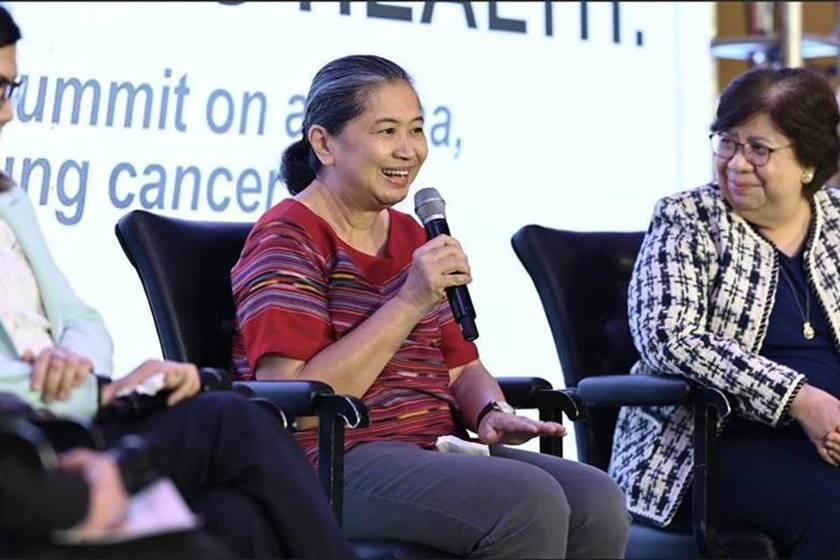
Peer-to-peer support groups, highlighted by Engr. Rojas, were also recognized as a valuable extension of medical care, fostering empowerment and early intervention among patients.
A Call to Action
The Elevating Lung Health Summit emphasized the power of collaboration, innovation, and empathy in addressing lung health challenges in the Philippines. Closing the event, Dr. Anna Guia O. Limpoco reminded participants of their shared mission:
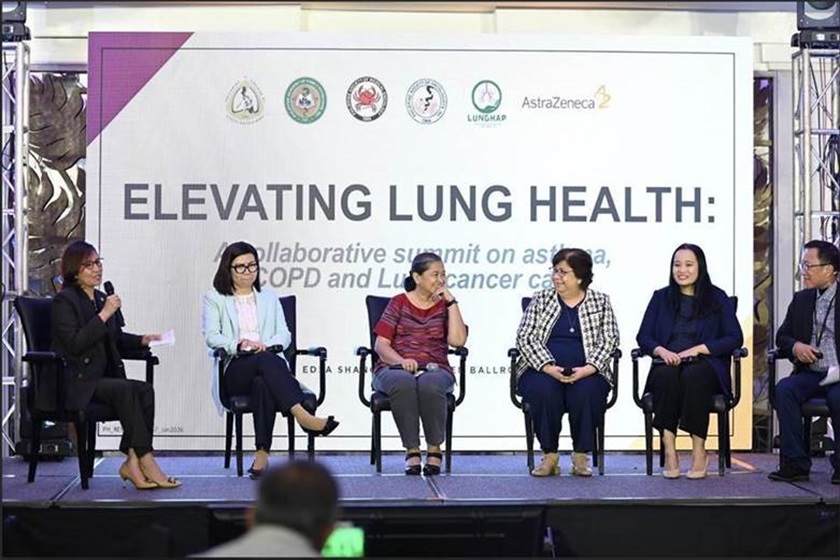
“Through collaboration and shared commitment, we can transform lung health in the Philippines. While the road ahead is challenging, the potential for lasting impact is immense.”
References
- Fernandez et al., 2024. Optimizing Asthma Care in LMICs
- Idolor et al., 2011. Burden of Obstructive Lung Disease in the Philippines
- Ferlay et al., 2024. Global Cancer Observatory: Cancer Today
- The Global Asthma Report, 2022.
- Ang & Fernandez, 2024. Out-of-Pocket Expenses for COPD in the Philippines






